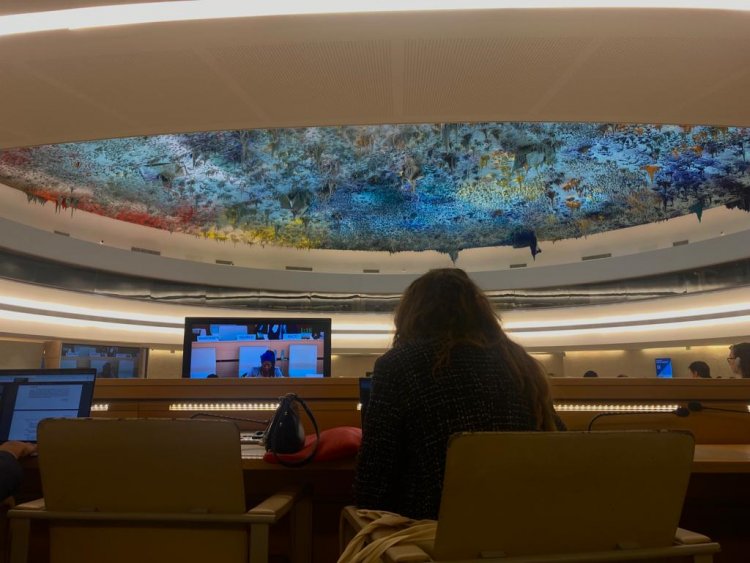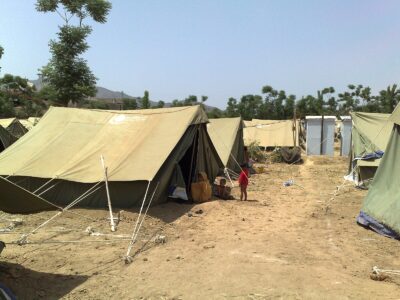Currently 280 million people, an approximate 3.6 percent of the world’s population, currently reside in a country outside their country of origin. They may have migrated for better economic opportunities, and for improved access to resources. Some are forced to flee persecution, climate change, and others by displacement from war and conflict.
UNHRC 52 Session: Interactive Dialogue with Special Rapporteur on Cultural Rights








Comments